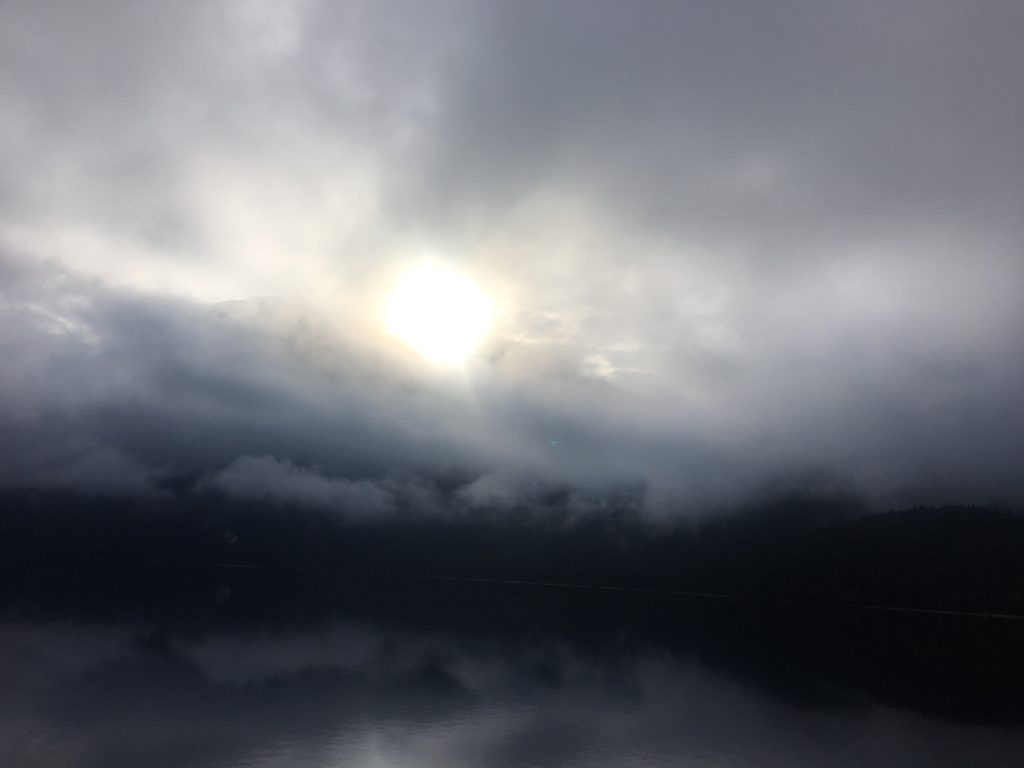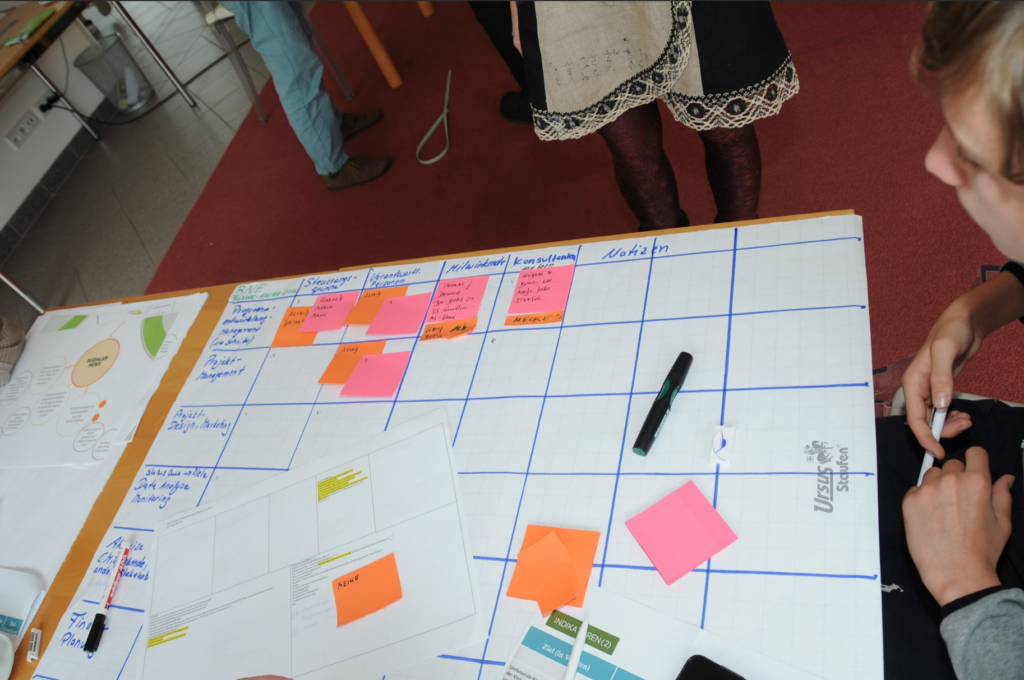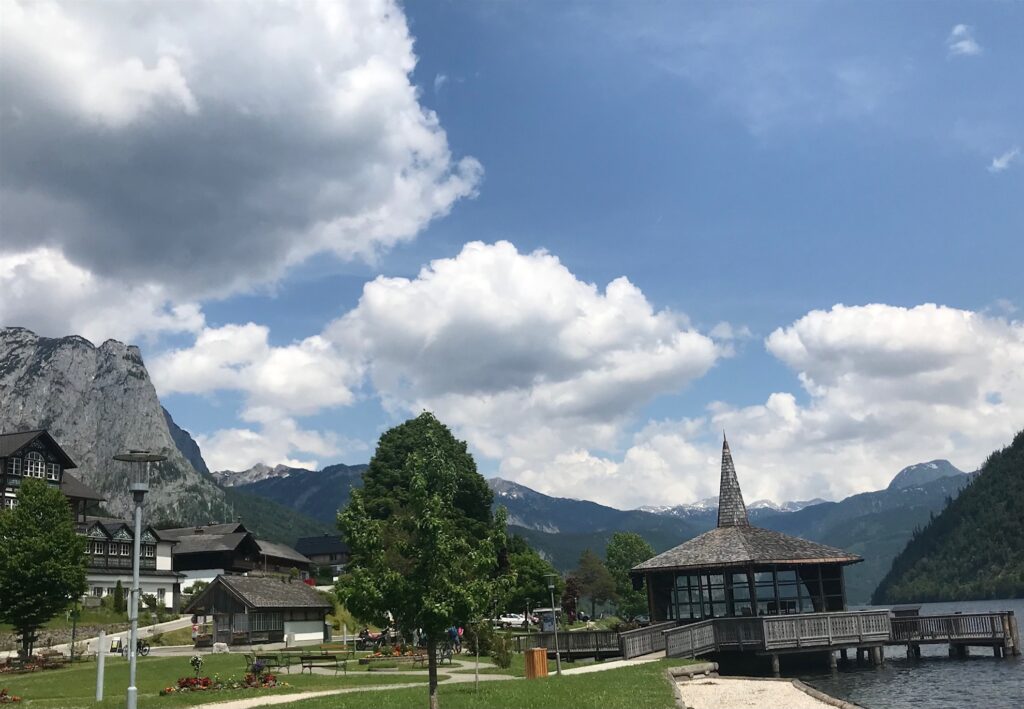
At the beginning of November, the project team met with the initiators of an organic sphere park in the Dachstein – Salzkammergut – Totes Gebirge region on the day of the first snow in Bad Aussee and Altaussee to discuss the project. Actually it is their project. We (colleagues from the Angewandte and the BOKU as well as the University of Salzburg) support them with our possibilities and thus walk part of the way together:
- we on our way, using artistic and scientific methods to support people and organisations to take measurable steps towards sustainability, and
- convince as many people as possible in the region of the meaningfulness and practical possibility of combining the good life with strict sustainability.
In the first half of 2023, we will moderate 4 workshops for this purpose. In group work and creative activities, we will develop scenarios / situations and crystallise fields of action.
The first workshop on 25 February, moderated by my colleague Ulrike Payerhofer from the “Projektwerkstatt” at the Angewandte, is about getting to know each other as a basis for further cooperation. In answer to the question: what will life look like in the future for us and the coming generations? The core question is: WHY?
As a result, goals are formulated in the form of qualitative images and stories of the future.
Working groups will be formed to deepen the results until the 2nd workshop on topics such as agriculture, tourism, handicrafts…, but also communication or legal issues. On the evening before, Friday 24 February, there will be a public kick-off. The Kurhaus hall in Bad Aussee has already been reserved.
The second workshop on 15 April, moderated by Nathalie Spittler, will focus on HOW. What does it look like when we get going? The knowledge of the individual working groups will now be brought together. In the process, a common language emerges, a common understanding of the dynamics that need to be taken into account. The result is an imagined systemic picture of the future that also shows how the actors (can) work together.
In the 3rd workshop on 6 May, which I will moderate myself, the reference to climate change will then be made. How does climate change affect the vision of the future? And: how can we know (measure?) whether we are getting closer to the goals (can achieve them in the planned time). So it’s about WHAT. “How we measure the success of climate change adaptation projects”.
At the 4th workshop on 24 June, again under my guidance, options for action for the further process and the final result will be worked out together on the basis of what the regional participants have worked out.
The results are to be presented to the public in the autumn.


